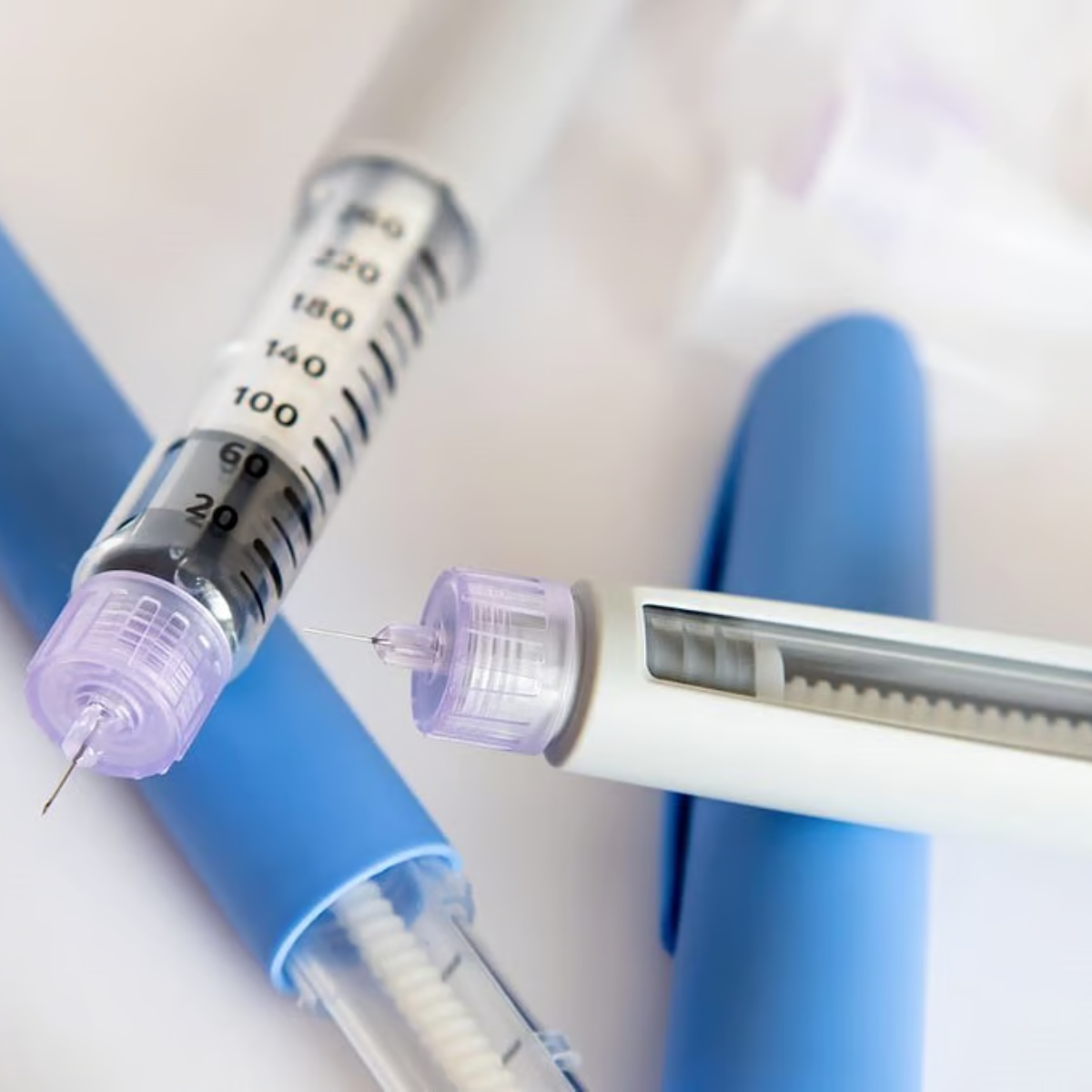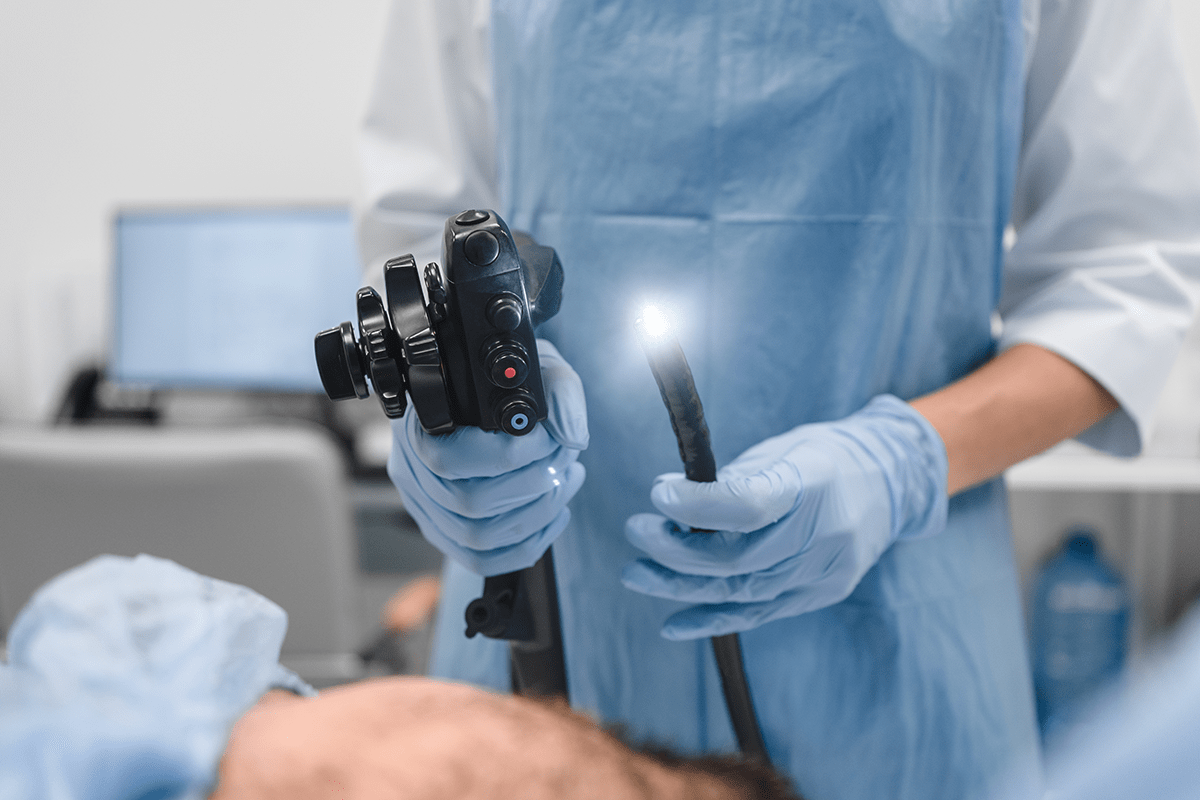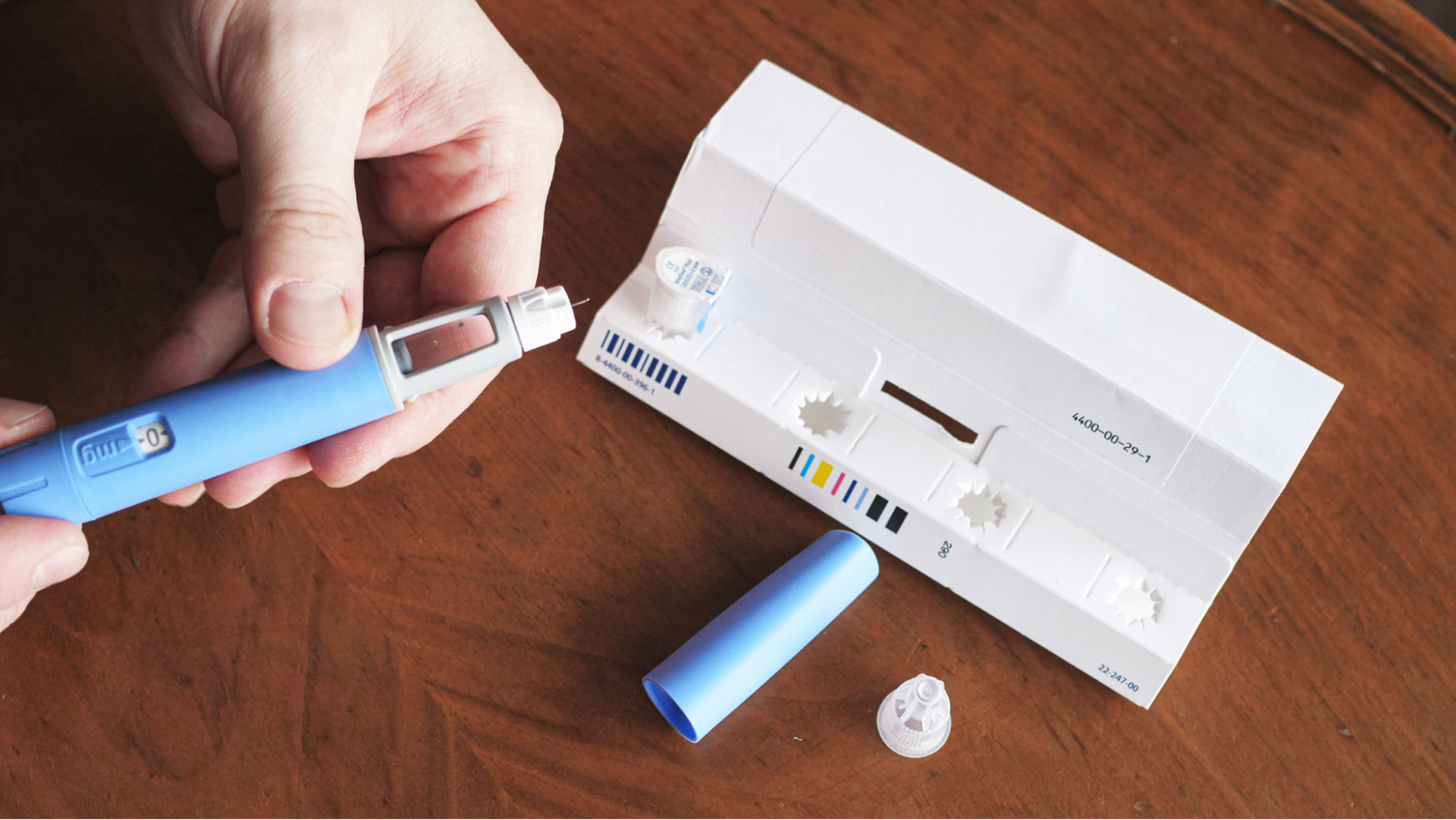Don’t Panic: Hair Loss After Bariatric Surgery is Temporary
Hair loss after bariatric surgery can be an unexpected and unsettling side effect for many patients. But rest assured—it’s usually a temporary condition. Understanding why it happens, how to manage it, and what to expect can make all the difference in your recovery journey.
Why Does Hair Loss Happen After Bariatric Surgery?
The most common reason for hair loss after weight-loss surgery is a condition called telogen effluvium. This form of temporary hair loss typically occurs within 3 months after surgery and is triggered by a combination of factors including:
- Rapid weight loss
- Physical stress from the surgical procedure
- Nutrient deficiencies, particularly in zinc, iron, protein, and vitamin D
Telogen effluvium affects the hair growth cycle, causing more hairs than usual to enter the resting (telogen) phase. After several weeks, these hairs fall out, leading to noticeable shedding and thinning—usually most obvious when brushing, washing, or styling your hair.
How Long Does It Last?
Fortunately, this type of hair loss is temporary. In most cases, hair begins to regrow within 6 to 9 months after surgery as the body adapts and nutritional levels are restored.
Everyone’s timeline is slightly different, but the regrowth process typically begins once the stressors on the body reduce and a balanced nutritional intake is re-established.
4 Ways to Reduce Hair Loss and Support Hair Regrowth
If you’re experiencing hair thinning after bariatric surgery—or want to prevent it as much as possible—these strategies can help support your recovery:
1. Nutritional Supplementation
One of the leading causes of post-surgical hair loss is nutrient deficiency. Your body needs a range of vitamins and minerals to support healthy hair growth. After bariatric surgery, patients are often prescribed bariatric-specific multivitamins. These usually include:
- Iron
- Zinc
- Biotin
- Vitamin D
- Vitamin B12
- Folic acid
Your healthcare provider will monitor your blood levels regularly and may recommend individual supplements if you're low in any specific nutrients.
2. Ensure Adequate Protein Intake
Protein plays a key role in maintaining the structure of hair strands. After surgery, your protein requirements may increase to support healing, metabolism, and hair growth.
Tips to meet your protein needs:
- Include lean protein in every meal (e.g. chicken, eggs, tofu, fish)
- Use protein supplements like powders or ready-made shakes if needed
- Follow your dietitian’s recommended daily protein goal, usually 60–80g/day depending on your surgery type
3. Manage Stress
The physical stress of surgery combined with emotional changes and rapid weight loss can lead to increased hair shedding. Managing stress levels may help reduce its impact.
Simple stress-reducing activities include:
- Mindfulness or meditation
- Light exercise or yoga (if cleared by your doctor)
- Breathing exercises
- Counselling or support groups, especially those tailored to bariatric surgery patients
Keeping your stress in check not only supports hair regrowth but also improves your overall post-surgery wellbeing.
4. Consider Topical Treatments (If Advised)
In some cases, your doctor may recommend topical treatments such as minoxidil (commonly known by the brand name Rogaine). This over-the-counter solution can help stimulate the hair follicles and promote regrowth.
However, these treatments are not always necessary and should only be used under the guidance of your healthcare provider.
Focus on the Bigger Picture
Losing hair after bariatric surgery can feel emotionally difficult, but try to focus on the larger picture—improved mobility, reduced risk of chronic illness, better sleep, and more energy. Hair regrows, and with good care, your confidence will return stronger than ever.


















